The iron and steel industry faces hard times. While protective measures by the U.S. and EU countries have made exports more difficult, the growing dominance of dumped products from Asian countries such as China, India, and Russia in the Turkish domestic market has left a significant portion of the sector’s production capacity idle.
Steel producers stress that anti-dumping duties—widely applied across the globe—must also be implemented in Turkey to stop unfair competition and protect Turkish heavy industry.
Veysel Yayan, Secretary General of the Turkish Steel Producers Association, drew attention to the idle capacity in the steel industry. Haluk Kayabaşı, CEO of Kibar Holding and an executive at Posco Assan—one of the leading stainless steel producers—stated that dumped products are produced with state support, without compliance with environmental and quality standards, and are therefore artificially cheapened. Uğur Dalbeler, General Manager of Çolakoğlu Metalurji A.Ş., underlined the importance of the steel sector, saying: “If you do not have steel production, you will be forced to use the most expensive steel in the world.”
“Turkey’s 60 Million-Ton Production Capacity Largely Remains Idle”
Yayan warned that capacity utilization in the sector is at dangerously low levels:
“With protectionism accelerating globally, our country has been exposed to unfair competition conditions. Thus, Turkey also needs to adopt countermeasures within the principle of reciprocity. Already, the sharp increase in exports from China, Russia, India, and some Far Eastern countries—whose products cannot penetrate U.S. and EU protectionist walls—has damaged domestic production, leaving much of Turkey’s 60 million tons of capacity idle.”
“Asian Countries Divert Surplus to Global Markets at Low Prices”
Highlighting state support in Asian steel industries, Yayan said:
“Steel products from China and the Far East have increasingly entered Turkey’s domestic market in recent years, creating heavy pressure on the sector. Thanks to extensive state subsidies, these products are priced far below local producers’ costs. Turkish producers, already struggling with high input and financing costs, cut production when demand weakens. In contrast, China and other Far Eastern and South Asian countries—the world’s biggest steel producers—do not reduce output but instead dump surplus products into global markets at low prices, shifting the burden of their domestic slowdown onto other countries’ producers. This not only distorts global price balance but also deepens unfair competition, causing destructive consequences in the global steel industry. Since 2020, imports from China have increased more than tenfold. This surge has kept local capacity utilization at low levels, delaying or cancelling new investments, and harming the sector’s sustainable growth potential.”
“Turkish Steel is High Quality and Preferred Globally”
Yayan also pointed to quality concerns with Chinese and Far Eastern steel imports:
“Imported steel from these regions often faces problems with consistent quality and standards. Batch discrepancies and unreliable certification are among the most common issues. In contrast, the Turkish steel sector has proven itself in quality, exporting to around 180 countries today. International standards (EN, ASTM, TSE, etc.) are strictly applied in production, and quality control plus traceability mechanisms ensure high reliability. This makes Turkish steel not only preferred domestically but also globally.”
“Dumped Products Undermine Local Industry’s Appetite for Investment”
Haluk Kayabaşı stressed that dumped products create an unsustainable environment for domestic producers:
“They don’t just slash prices; they also undermine local industry’s willingness to invest. Products priced below cost with state subsidies in countries like China and Indonesia create an unsustainable competition when they enter Turkey. This weakens not only producers but also the industrial infrastructure in the long run. To prevent unfair competition, trade defense instruments must be applied decisively.”
“Anti-Dumping Alone Is Not Enough”
Kayabaşı noted:
“Anti-dumping duties are an important protection tool, but they may not be sufficient on their own. Effective origin checks, stricter quality controls, and prioritizing local products in public procurement are equally important. Moreover, our industrialists—struggling with high financing costs—must be supported with suitable credit and incentive mechanisms. Only then can these measures have lasting impact.”
“Global Trend Shifts Back to Protectionism”
Referring to recent U.S. measures, Kayabaşı said:
“Recent U.S. decisions show a global shift: governments now prioritize protecting domestic capacity in strategic sectors. The latest example was President Donald Trump’s move last week to impose an additional 50% duty on steel-containing products. The EU will also implement its Carbon Border Adjustment Mechanism (CBAM) on steel products as of January 1, 2026. Soon, this will extend beyond crude steel to major export items such as white goods, kitchenware, and automotive. For Turkey’s export power, it is critical that our plants comply with CBAM requirements. Our factory is managing this adaptation successfully. Turkey too must firmly implement policies to protect and enhance its production strength.”
“Stainless Steel is Not Just an Industrial Product, but a Strategic Security Issue”
Kayabaşı added:
“Posco Assan’s $400 million stainless steel investment is not only a plant for our country, but also means technology transfer, employment, and added value. Stainless steel is a fundamental input in many strategic sectors—from white goods to automotive, defense to energy. It must therefore be seen not just as an industrial product but as a strategic security issue. Protecting these investments means safeguarding Turkey’s industrial future.”
“Dumped Products are Cheap Because of Dirty Production and Subsidies”
“Today, the countries exporting the most dumped stainless steel are China and Indonesia. These products are artificially cheapened not by efficiency but by carbon-intensive dirty production, energy and financing subsidies. That is why they can even be sold below cost. Their low price comes not from productivity, but from subsidies and unfair trade practices.”
“We Can Protect Strategic Industry with Fair Competition and Incentives”
Kayabaşı outlined two requirements for sustaining local investments:
“First, we must ensure fair competition, taking strong measures against dumping, origin fraud, and subsidized imports. Second, we must develop policies that encourage domestic production. The most critical step is to prioritize sourcing raw materials from other local producers. Turkey has a strong production base in both carbon and stainless steel. Leveraging this potential and creating a mutually supportive industrial ecosystem will secure investments and strengthen value-added production. This will position Turkey not only as a consumer, but as a regional production hub.”
“The Turkish Steel Sector Faces Irreversible Damage”
Uğur Dalbeler of Çolakoğlu Metalurji warned:
“If no measures are taken, the Turkish steel industry will suffer irreparable damage. One of the most important issues in the steel sector is capacity utilization. Below 75%, the sector begins to lose competitiveness. For the past two years, we have been operating below 60%, which is a serious problem for the future. In these conditions, not only is new investment impossible, but maintaining existing capacity also becomes unsustainable. Every year, the sector must make significant investment just to maintain itself. If unfair competition continues, we will soon lose what we already have.”
“Without Steel Production, You Will Pay the World’s Highest Prices”
Dalbeler recalled former U.S. President Donald Trump’s words: “If you don’t have steel, you don’t have a country” and explained:
“After this statement, Trump imposed a 25% tariff on all steel imports, later raising it to 50% in his second term. The EU also imposed quotas on steel imports. While such measures were expected to last three years, the EU’s quotas have now been in place for six. In addition, over the last two years, the European Commission has provided billions of euros in subsidies to the steel industry. Without steel, there is no manufacturing industry, no industrial development, no exports. Steel is the most widely used material in every aspect of human life. This sector requires huge capital, is highly demanding, and depends on advanced technology. It needs healthy, sustainable growth. If you do not have your own steel sector, you will end up paying the world’s highest prices for steel—and that will prevent any industry from gaining strength.”
Source: Ekonomim


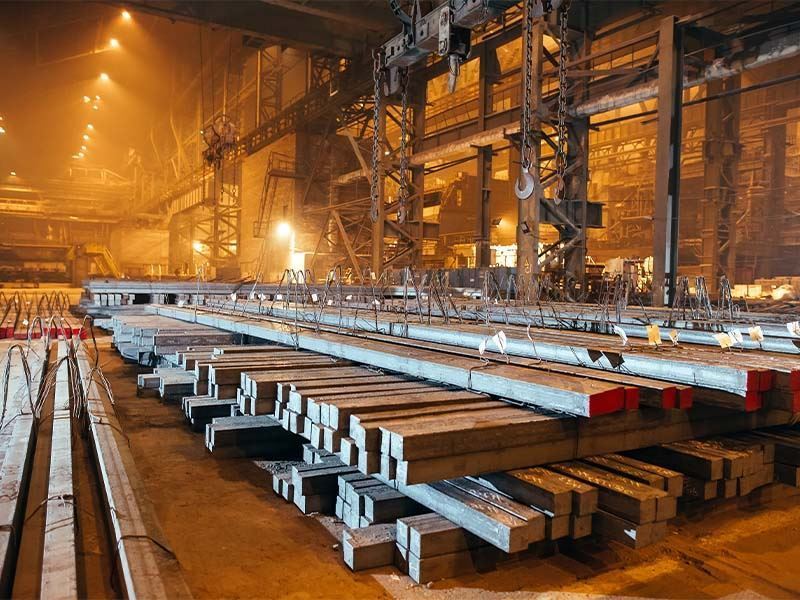

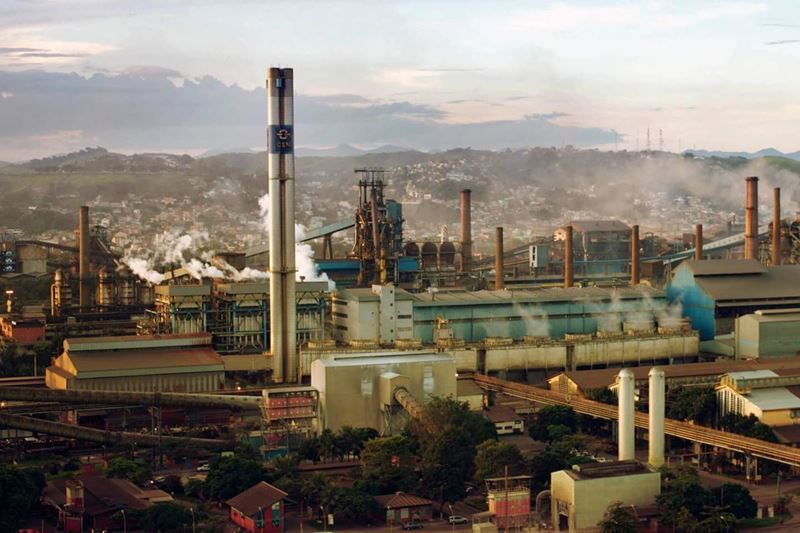
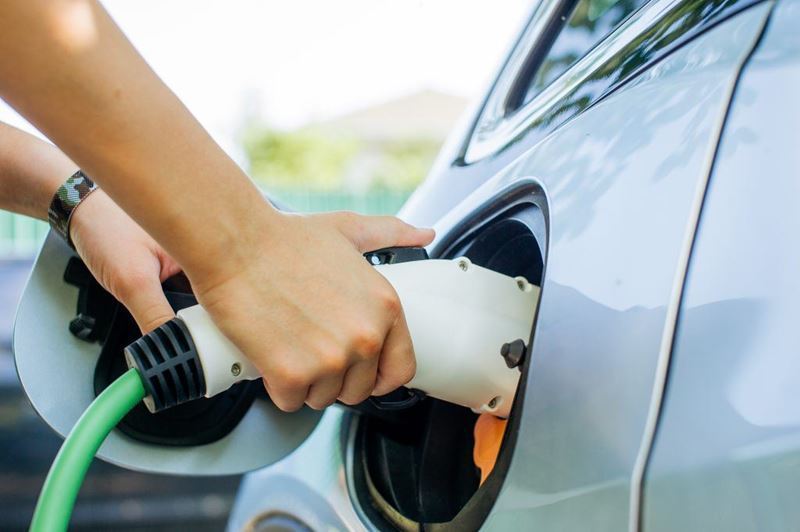
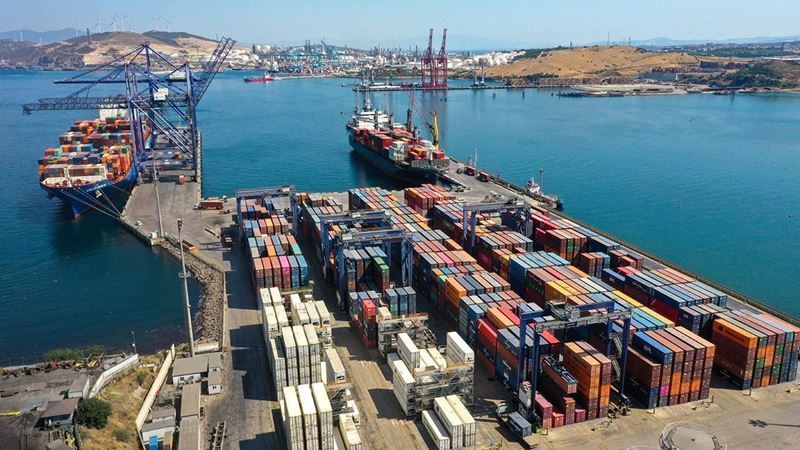
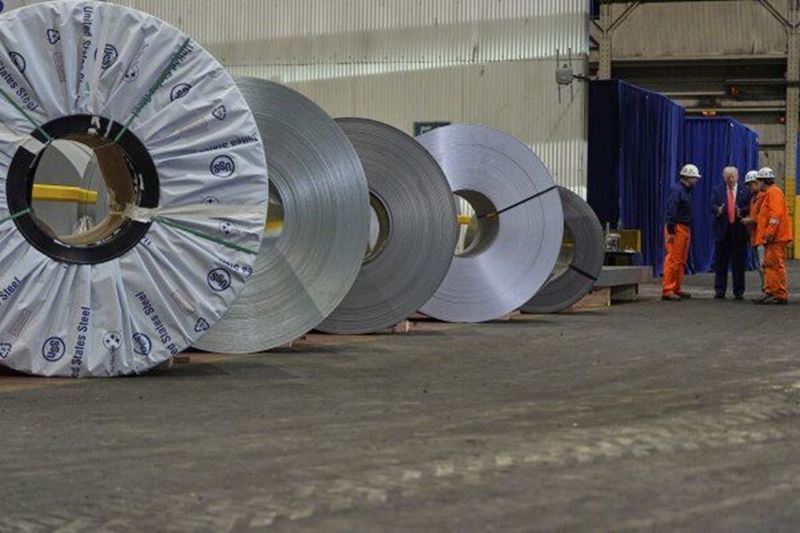


Comments
No comment yet.